Intermittent fasting is all the rage right now. But what is intermittent fasting? And more importantly, what are the benefits of this type of eating schedule? In this blog post, we’ll discuss intermittent fasting in detail, explain why it has become so popular, and what the health benefits are.
The Concept of Intermittent Fasting
Intermittent fasting is an eating pattern where you cycle between periods of eating and fasting. It does not specify which foods you should eat, but rather when you should eat them. Since it isn’t a diet that restricts what you can eat, intermittent fasting can be easier to stick with than other trends. At Total Health and Fitness, our nutrition plans are designed to cater to your tastes and teach you how to eat sustainably, not restrict you. Intermittent fasting
There are several different intermittent fasting schedules, but the most common one is 16:8. This means that you fast for 16 hours and eat only during an 8-hour window. For example, you could stop eating at 8 pm and not eat again until noon the next day.
Other popular intermittent fasting schedules include 18:6 (fast for 18 hours, eat for 6) and 20:4 (fast for 20 hours, eat for 4).
Some people also do a more extreme version of intermittent fasting called the warrior diet, which involves fasting for 20 hours and eating one large meal at night.
What Can Be Consumed During the Fast
It’s not advised that you go without hydrating during the fasting period. Keep drinking water or other zero-calorie beverages, including coffee, tea, or sparkling water.
It’s important to be mindful of the fasting length; going too long between meals can simulate to the body that there’s a lack of food. As a result, the body will go into something similar to starvation mode, and it will hold on to fat reserves instead of allowing the body to use them for fuel.
Why Intermittent Fasting is So Popular
There are a few different reasons why intermittent fasting has become so popular in recent years. Since it doesn’t dictate what you can and can’t eat, it can be less intimidating than fad diets. Also, much of the time spent fasting is overnight, which makes it less of a struggle to go the 16 hours outlined in a traditional schedule.
You also don’t have to reduce the number of calories you consume each meal, but it can be part of your intermittent fasting plan.
Benefits of Intermittent Fasting
The results of intermittent fasting will vary from person to person and will be affected by activity level and other health factors. Overall, however, intermittent fasting has shown to be an effective weight loss tool.
Why It Works
According to Dr. Mark Mattson, a neuroscientist at Johns Hopkins, intermittent fasting works because it “contrasts with the normal eating pattern for most Americans.” Instead of constantly fueling the body with “new” calories, fasting signals to the body’s hormones that fat reserves should be used as fuel. Here are some other positive changes fasting can promote in the body:
- Lower insulin levels
- Increased human growth hormone (HGH) levels
- Cellular repair response
- Increased metabolism
- Increased norepinephrine (noradrenaline)
- Reduced oxidative stress
- Reduced inflammation
- Improved blood sugar levels
- Improved blood pressure
- Lower LDL cholesterol levels
Intermittent fasting is also thought to be beneficial for other aspects of one’s health as well. It has been linked to lower rates of heart disease, diabetes, and cancer. Additionally, intermittent fasting has been shown to improve brain function and protect against age-related cognitive decline.
It could take up to a month to start feeling and seeing the results of intermittent fasting, so remember that it’s a lifestyle change and not a quick fix.
Who Should NOT Try Intermittent Fasting
Always check with y our medical provider before deciding on an eating plan, whether it’s intermittent fasting or something else. While timed eating can be beneficial to many, it’s not for everyone. If you fall into one or more of the following categories, you may not want to try intermittent fasting:
- Currently pregnant
- Currently breastfeeding
- Diabetic
- Under 18 years of age
- Anyone in recovery from eating disorders
If you are looking to start intermittent fasting, there are several different schedules you can follow to suit your lifestyle. Find the one that works best for you and stick with it. Your body will thank you!








